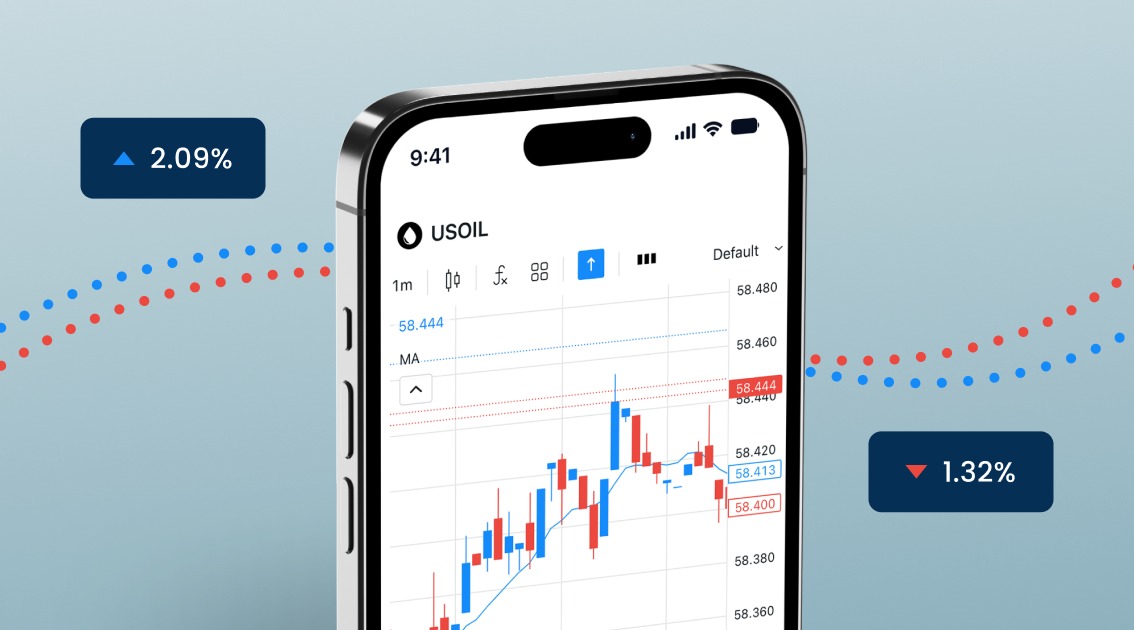In recent years, there has been a substantial shift in the way we perform financial transactions. The development of digital payment methods and the introduction of novel financial technologies has prompted a global discussion about whether we are approaching a cashless society.
This article dives into the concept of a cashless society, investigating the forces driving its rise, the advantages and disadvantages it brings, and the potential repercussions for individuals, corporations, and society as a whole.
Understanding the Cashless Society
A cashless society is a future in which cash transactions are mostly replaced by digital payment methods such as credit cards, mobile payments, and cryptocurrency. The fast progress of technology, combined with shifting consumer tastes, has accelerated the transition to a cashless society. Many countries are currently experiencing a substantial shift in payment practices, with digital transactions being the preferred method of performing financial transactions.
Factors Influencing the Transition
Several important causes are contributing to the increasing momentum toward a cashless society:
Convenience and Efficiency
Digital payment options are unrivaled in terms of convenience and speed. Transactions can be completed instantaneously with a few taps on a smartphone or a swipe of a card, eliminating the need for actual cash and cutting wait times at checkout counters.
Technological Progress
The growth of smartphones, near-field communication (NFC) technology, and secure payment platforms has increased the accessibility and usability of digital payments. The simplicity of using mobile wallets and contactless payments to perform transactions has hastened the popularity of cashless options.
Enhanced Security
When compared to cash transactions, digital payments provide an additional layer of security. Methods like as encryption, tokenization, and biometric authentication help protect personal and financial information, lowering the danger of theft and fraud.
Consumer Behavior is Changing
The younger generations, notably millennials and Generation Z, have embraced digital technologies as a vital part of their daily lives. Their demand for smooth, tech-driven experiences has aided the transition to a cashless society.
Advantages and Benefits
The move to a cashless society has various advantages and benefits:
Financial Inclusion
Digital payment techniques give individuals with limited access to traditional banking infrastructure with increased access to financial services. Unbanked populations can now engage in the digital economy and gain access to financial instruments and services thanks to mobile payment solutions.
Improved Record-Keeping and Transparency
Digital transactions provide a clear digital trail, making financial activities easier to trace and analyze. This improved transparency can aid in the fight against corruption, money laundering, and illegal activity.
Savings on printing, keeping, and transporting real cash are eliminated with digital transactions. This efficiency can lead to cost savings for corporations and governments, which can then be re-invested in other areas of development.
Economic Growth and Innovation
The cashless society promotes economic growth by encouraging entrepreneurship, stimulating innovation, and facilitating the development of new business models. Financial transaction obstacles are removed, making it easier for firms to expand and consumers to engage in commerce.
Concerns and Challenges
While a cashless society has many advantages, it also has several drawbacks that must be addressed:
Inclusion and accessibility
The transition to a cashless society must ensure that vulnerable populations, such as the elderly, low-income people, and those living in rural locations, are not excluded. Efforts should be made to bridge the digital gap and give education and support to people who may have difficulty adopting technology.
Privacy and Data Security
As the number of digital transactions grows, so does the collecting and storage of personal and financial data. To protect individuals' privacy and prevent data breaches or illegal access, stricter legislation and effective security measures are required.
Dependence on Technology
Individuals and businesses are vulnerable to technology weaknesses when they rely on digital payment methods. Technical failures, power outages, or cyberattacks can all disrupt transactions and result in financial losses.
Cybersecurity Risks
Because digital payment systems are interconnected, they are vulnerable to cyber assaults. To protect against hacking, identity theft, and fraud, strong security measures and continual developments in cybersecurity standards are required.
The Future Outlook
While the exact direction of a cashless society is difficult to forecast, the shift toward digital payments is projected to continue. However, cash is expected to remain a part of the financial landscape for the foreseeable future, albeit in diminished use. The correct balance of digital and cash transactions, as well as resolving concerns about inclusion, privacy, and security, will be critical in achieving a smooth transition and reaping the benefits of a cashless society.
Being cancelled and other potential dangers of a fully cashless society
As we navigate an increasingly digital landscape, it is essential to approach the idea of a fully cashless society with caution. While the convenience and efficiency of digital transactions are appealing, the potential risks of losing control over our finances and personal information cannot be ignored.
Cash has long served as a symbol of financial autonomy, providing individuals with the freedom to make transactions anonymously and without interference. In a cashless society, all transactions would be traceable, potentially allowing regulatory bodies or even private entities to monitor and control financial activities with unprecedented ease. The concept of being "cancelled" could extend beyond the realms of social media, as governments or regulatory entities may wield the power to turn off access to an individual's funds at will.
Furthermore, the concerns surrounding a fully cashless society extend beyond financial control and privacy. The parallels between a cashless society and a social credit system are worth noting. In a cashless society, every transaction and interaction can be tracked, evaluated, and potentially used to assess an individual's social and economic behavior. This raises concerns about the potential creation of a system where individuals are rewarded or punished based on their conformity to societal norms, preferences, or political ideologies.
This would undoubtedly have a chilling effect on free speech, personal choices, and dissenting opinions, as individuals might fear economic repercussions for engaging in activities or expressing views that go against the established norms.
Consequently, a cashless society opens the door to potential abuses of power by authoritarian regimes or intrusive governments. The ability to monitor and control all financial transactions can be exploited to suppress dissident voices, stifle political opposition, or enforce conformity. Without the option of anonymous transactions, individuals may feel compelled to self-censor or conform to avoid potential repercussions, further eroding individual freedoms and democratic principles.
To avoid these pitfalls, it is crucial to maintain a diverse and resilient financial ecosystem that includes both cash and digital payment methods. Preserving the option for anonymous transactions with physical currency helps to safeguard personal freedoms, protect privacy, and prevent the undue concentration of power. It also ensures that individuals have recourse in situations where digital infrastructure fails, such as during power outages, natural disasters, or cyber-attacks.
Conclusion
The transition to a cashless world is changing the way we perform financial transactions. While the advantages of ease, efficiency, and financial inclusion are obvious, issues such as accessibility, security, and privacy must be addressed with caution. Finding a peaceful coexistence between digital and physical payment methods will be critical as technology evolves and communities adapt.
Finally, the transition to a cashless society necessitates a balanced approach that empowers individuals, businesses, and governments while maintaining inclusivity, security, and the protection of basic financial freedoms.

















